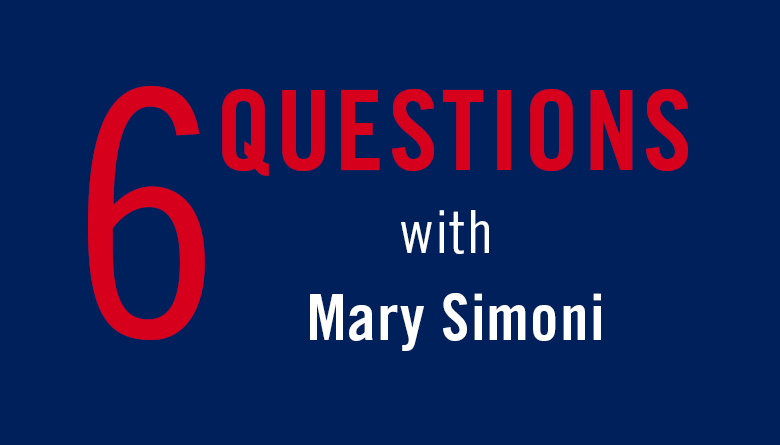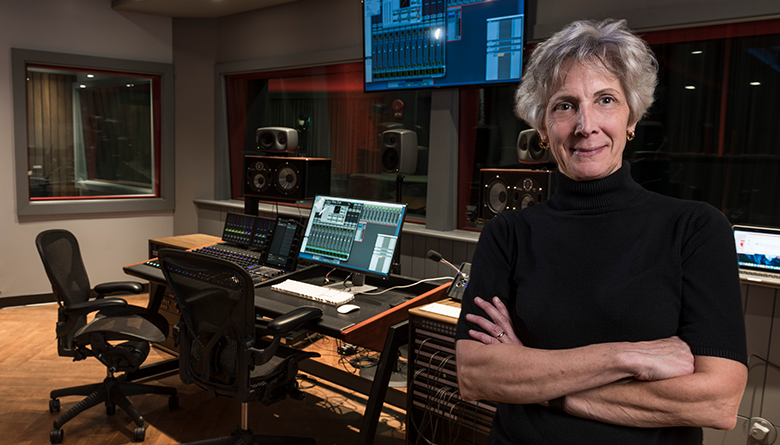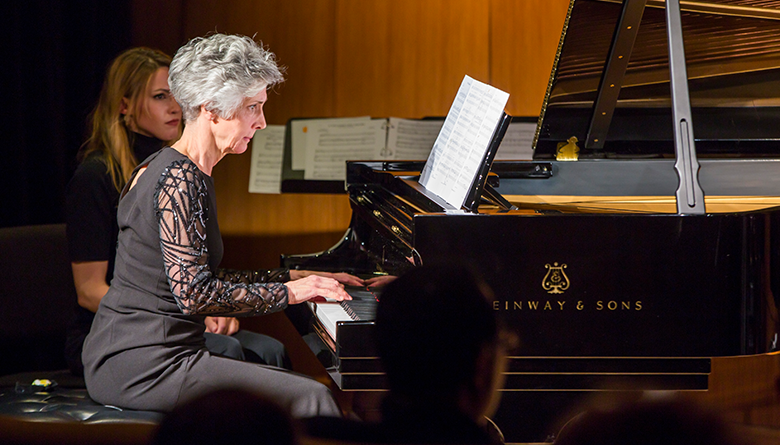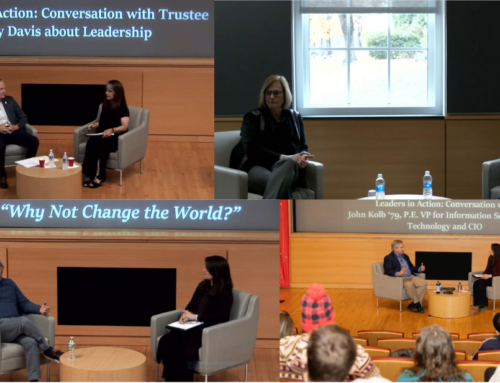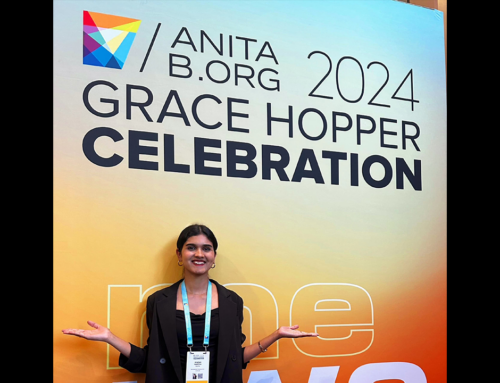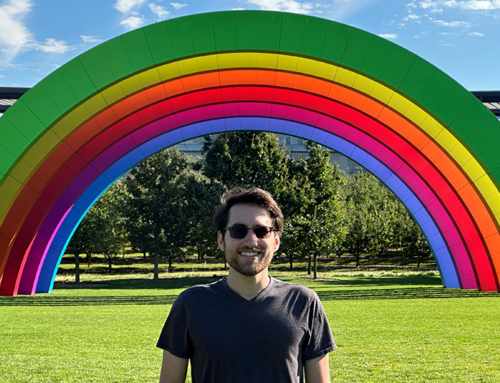Mary Simoni, professor and dean of the School of Humanities, Arts, and Social Sciences at Rensselaer Polytechnic Institute, is a composer, author, teacher, pianist, consultant, arts administrator, and amateur photographer.
Her work as a pianist specializes in the use of interactive electronics. Her compositions include the design of performance systems that extend the sonic capabilities of traditional acoustic instruments. Her music and multimedia works have been performed in Asia, Europe, and throughout the United States and have been recorded by Centaur Records, the Leonardo Music Journal published by the MIT Press, and the International Computer Music Association. She is the recipient of the Prize in Composition by the ArtNET Virtual Museum.
She is a Medal Laureate of the Computer World Honors Award for her research in digital music information retrieval, and is a Professor Emerita of Performing Arts Technology at the University of Michigan
What is the role of the humanities, arts, and social sciences in the 21st century technological research university?
We must remember first and foremost that we are all human. We all have aspirations and needs, we experience both riotous joy and profound sorrow. We are magnificent yet vulnerable. These are the characteristics of being human that join us in our essential humanity. And technology is the vehicle that we develop, build, and deploy to support and extend the very best of what it means to be human.
You sit at the crossroads of humanity and technological innovation. Can you expand on that?
Technological innovation is the fruit of human creativity.
Why do students of all disciplines need to learn about and experience the arts?
The arts have the magical capacity to transform our minds and create a window into the experiences of others and what could be.
What does “whole brain” thinking mean?
The School of Humanities, Arts, and Social Sciences at Rensselaer prepares “whole-brain thinkers” who can tackle complex problems and become leaders in a diverse global community. A liberal arts education at a technological research university combines critical thinking skills—the ability to see the big picture, ask the right questions, and situate a course of action within the larger social and cultural context.
How do current social and ethical issues impact a liberal arts education?
It’s important to ask fundamental questions about the role of science and technology in social and environmental change. Integrating insights from the humanities, arts, and social sciences into a coherent body of knowledge provides a basis for action.
How do you incorporate the arts into your every-day life?
Practice, practice, practice.

